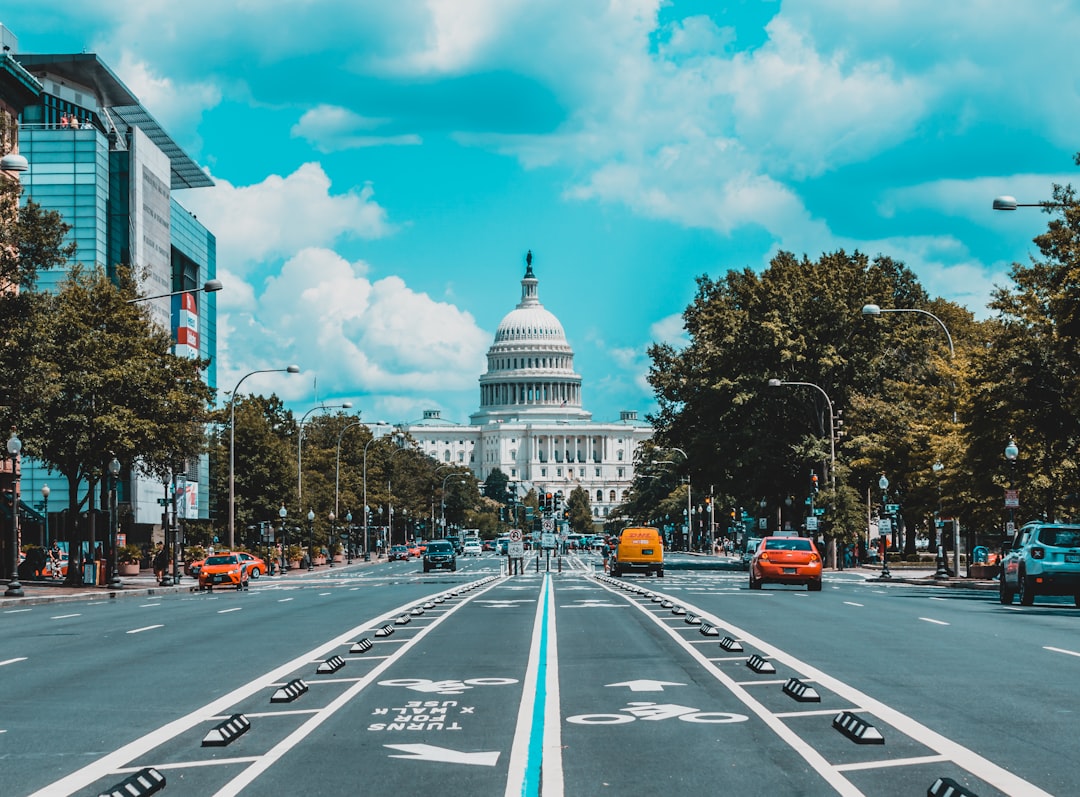In Washington state, consumer privacy is protected by strict telemarketing regulations, including the Do Not Call Law. Residents can register their numbers to prevent unsolicited calls for one year. Telemarketers must obtain consent or face legal consequences. Persistent calls despite registration may result in fines and penalties, enforced by the Attorney General's Office. Consumers with violated Do Not Call requests should document unauthorized calls and consider consulting a lawyer specializing in Washington's Do Not Call Laws to protect their rights.
In Washington state, consumers have the right to request that their phone numbers be added to a “Do Not Call” list, a powerful tool against unwanted telemarketing calls. This article delves into Washington’s stringent Do Not Call laws, elucidating telemarketers’ obligation to respect these requests for up to one year. We explore enforcement mechanisms and legal remedies available to consumers when telemarketers violate these regulations, emphasizing the importance of seeking advice from a lawyer specializing in Do Not Call Laws in Washington for robust protection.
Understanding Washington's Do Not Call Laws

In the state of Washington, respecting consumer privacy is taken seriously, particularly regarding telemarketing practices. The Washington State Do Not Call Law is a robust regulation designed to protect residents from unwanted phone solicitation. This law allows individuals to register their telephone numbers on a state-maintained “Do Not Call” list, effectively prohibiting telemarketers from contacting them for one year.
Any business or individual engaging in telemarketing within Washington must adhere to these laws, ensuring they obtain proper consent before making calls. Failure to comply can result in legal repercussions, as residents have the right to take action against violators. For those facing persistent telemarketing despite placing their numbers on the Do Not Call list, consulting a lawyer specializing in Washington’s Do Not Call Laws may be a prudent step to understand their rights and options.
Telemarketers' Obligation to Respect Requests

Telemarketers have a legal obligation to respect and honor “Do Not Call” requests from consumers in Washington state. According to the Washington State Attorney General’s Office, telemarketers must refrain from contacting individuals who have registered their numbers on the Do Not Call list for at least one year. This regulation is designed to protect consumer privacy and provide them with control over unwanted sales calls.
If a telemarketer fails to adhere to this rule, it can result in legal consequences. Consumers who experience persistent calls despite their registration can file a complaint with the Attorney General’s Office. Upon verification, the AG’s office may take action against the violator, potentially leading to fines and other penalties. Thus, it is crucial for telemarketing companies to have robust systems in place to ensure compliance with Do Not Call laws, including employing the services of a lawyer specializing in these regulations, particularly in Washington state.
Enforcement and Legal Recourse for Violations

In Washington state, enforcement of the Do Not Call laws is primarily handled by the Attorney General’s Office and the Washington State Department of Licensing. If a telemarketer violates a consumer’s request to stop receiving calls, individuals have legal recourse. A Washington lawyer specializing in consumer protection can assist those affected in filing complaints with the relevant authorities. These agencies have the power to investigate, issue fines, and take legal action against telemarketers who consistently ignore Do Not Call requests.
The consequences for violations can include substantial monetary penalties and other legal sanctions. Consumers are encouraged to document any unauthorized calls, including dates, times, and details about the caller, as this evidence may be crucial in pursuing legal options. Retaining a lawyer experienced in Washington’s Do Not Call laws is an intelligent step to ensure the protection of one’s rights and to navigate the potential complexities of legal procedures related to these violations.






